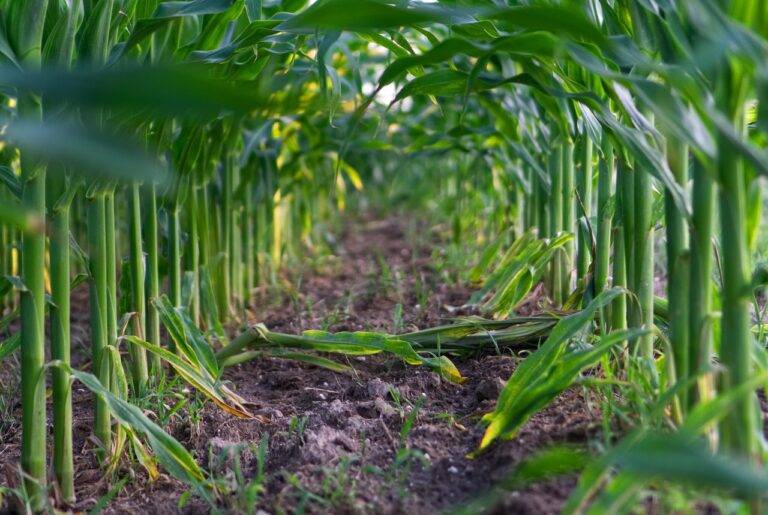Exploring Food Industry Investments in Sustainable Agriculture Policy Advocacy
Sustainable agriculture plays a crucial role in ensuring the long-term health and productivity of our planet. By promoting practices that prioritize environmental stewardship, resource conservation, and community well-being, sustainable agriculture seeks to establish a balance between meeting current needs and safeguarding resources for future generations. Embracing sustainable farming methods not only helps preserve biodiversity and soil health but also mitigates the impact of climate change by reducing greenhouse gas emissions and promoting carbon sequestration.
Furthermore, sustainable agriculture fosters resilience in the face of changing environmental conditions and market dynamics. By diversifying crops, implementing water-efficient irrigation systems, and adopting agroecological techniques, farmers can increase their adaptability and reduce vulnerabilities to environmental risks such as droughts, floods, and pests. The promotion of sustainable agriculture practices also supports local economies and enhances food security by creating opportunities for small-scale farmers, fostering community relationships, and ensuring a more stable and equitable food system.
Challenges Faced by the Food Industry in Implementing Sustainable Agriculture Policies
The food industry encounters various obstacles when attempting to integrate sustainable agriculture strategies into their operations. One of the greatest challenges they face is the high initial costs associated with transitioning to sustainable practices. For many companies, the financial investment required to switch to more environmentally friendly methods can be overwhelming, especially when the benefits may not be seen immediately.
Additionally, another significant hurdle for the food industry is the lack of standardized guidelines and regulations for sustainable agriculture. Without clear and consistent policies in place, companies may struggle to navigate the complex landscape of sustainable practices. This ambiguity can lead to confusion and inconsistency in implementation across different sectors of the food industry, inhibiting widespread adoption of sustainable agriculture principles.
Current Trends in Sustainable Agriculture Investments
Sustainable agriculture investments have been on the rise in recent years as more stakeholders recognize the need for environmentally friendly practices in food production. From large corporations to individual farmers, there is a growing shift towards investing in solutions that promote long-term sustainability and reduce the industry’s carbon footprint.
One notable trend in sustainable agriculture investments is the focus on innovative technologies such as precision farming and data analytics. By leveraging these tools, farmers can optimize resource utilization, minimize waste, and increase overall efficiency. Additionally, investments in research and development aimed at developing new sustainable farming practices are gaining traction, reflecting a proactive approach towards addressing future challenges in the food industry.
Why is sustainable agriculture important?
Sustainable agriculture helps to protect the environment, preserve natural resources, promote biodiversity, and ensure the long-term viability of food production.
What are some challenges faced by the food industry in implementing sustainable agriculture policies?
Some challenges include the high initial investment costs, resistance to change from traditional farming methods, lack of consumer awareness and demand for sustainable products, and the need for government support and incentives.
What are some current trends in sustainable agriculture investments?
Some current trends include the use of technology such as precision agriculture, vertical farming, and hydroponics, the adoption of regenerative agriculture practices, the growth of impact investing in sustainable agriculture projects, and the development of sustainable supply chains.







